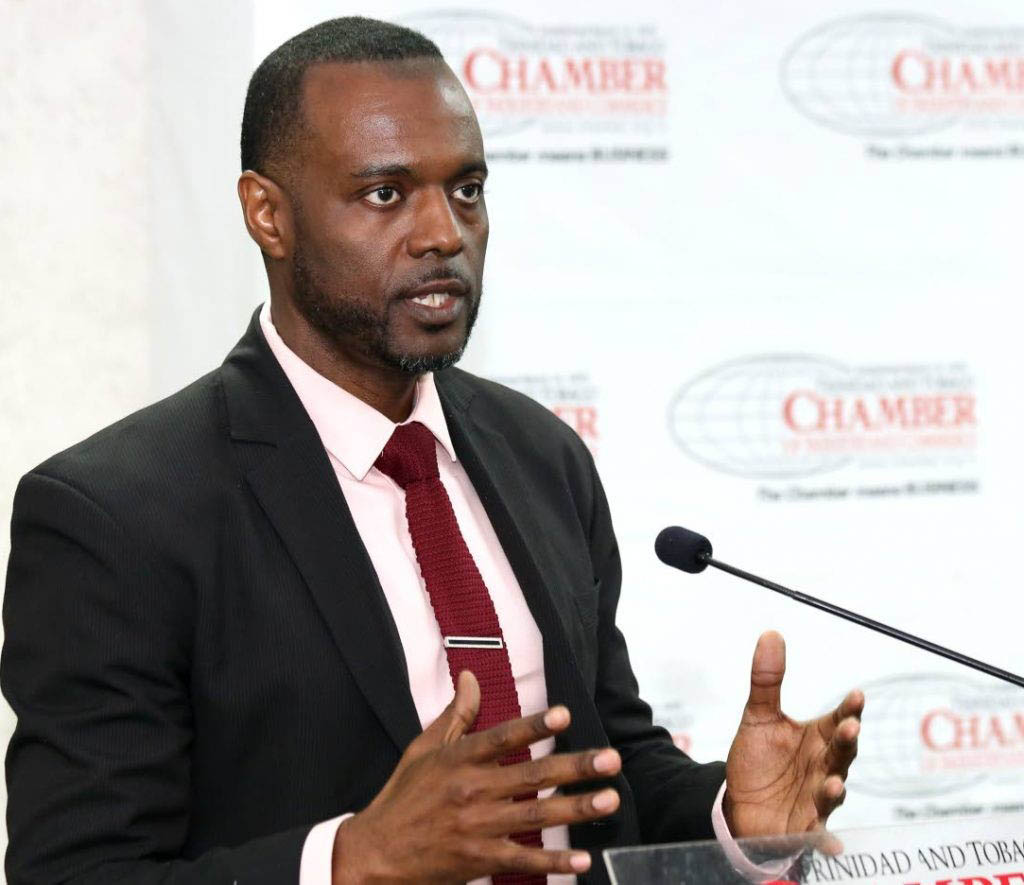(Trinidad Guardian) The board of the Water and Sewerage Authority (WASA) has been mandated by Cabinet to immediately begin the execution of a transformation plan for WASA, which will start with the cutting of 213 members of the executive team, followed by cuts in an unknown number of WASA staff.
Minister of Public Utilities, Marvin Gonzales said Cabinet approved the transformation plan at its meeting yesterday.
WASA has 426 executive managers and the intention is to cut it by 50 per cent (213 managers).
The Minister said the cutting of other staff will not be done without discussions with the collective bargaining units.
He was reluctant to give a number or percentage for staff cuts saying he did not want to prejudice the discussions between the board and the unions.
WASA currently employs close to 5,000 workers.
Gonzales said there is recognition that WASA is overstaffed and that voluntary separation agreements are likely to be part of the discussions.
He said the drive is towards the employment of new technology that will ensure better efficiency and added that it will open up opportunities for people to be reskilled and retooled, and for young people, in particular, to benefit from some new jobs.
At a news conference in Port-of-Spain, Gonzales said that WASA will take on a new structure that will see five service areas with five managers who will directly report to the Chief Executive Officer.
He said the level of management must be reduced to ensure WASA runs more efficiently and is not caught up in too much red tape.
According to the Minister, this structure will ensure they can quickly address matters to ensure citizens are adequately and reliably served.
The plan, he said, is geared toward reducing costs by 25 per cent and increasing revenue collection by $1 billion.
He told the news conference that the problems at WASA were not always about lack of funding.
In fact, the Minister said, between 2010 and 2020 $25 billion was transferred to WASA and that it would have been reasonable to expect that “as a country, we would have a world-class water and wastewater facility”.
“We have anything but that and the sad truth is that the majority of the population can attest to that,” the Minister said.
Gonzales told the media it was for that reason the government decided to intervene in the operations of the Authority.
“It cannot be business as usual,” he noted.
The government, he pointed out, had established a committee of parliament to critical observe WASA operations and that a sub-committee concluded that the functions inherent in WASA were so deeply entrenched that in the current form the organisation was incapable of meeting demands.
It also found that maintaining the status quo would leave the state in an unacceptable position of funding WASA to the tune of $2 billion annually while it remained unable to transform itself.
He said that some changes that were addressed allowed WASA to reach over 64 per cent of the population today either 24 hours three days a week or 24 hours seven days a week.
“In the next few months, many communities will feel the impact of stabilised supply,” he said.
He said a leak repair and road stabilisation drive has also been ongoing.
Gonzales added that leaks are now being tracked and pipelines with high burst propensities are earmarked for replacement, noting that this will reduce the “decimation of newly paved roads” done to fix leaks when heavy equipment are used over aged pipelines.
The Minister noted that plans to reduce staff in the past have failed, including in 2011 when the United National Congress government sought to cut the number of workers from 4,736 to around 2,500.
He said $397 million was spent on a staff reduction exercise which was partially funded by an International Monetary Fund loan.
He argued that the procedure was done poorly, without consideration for key people to perform particular roles, resulting in a massive rehiring of staff to a figure higher than before the restructuring began.
The Minister said the new model will be more business-oriented with the customer being the main focus.

